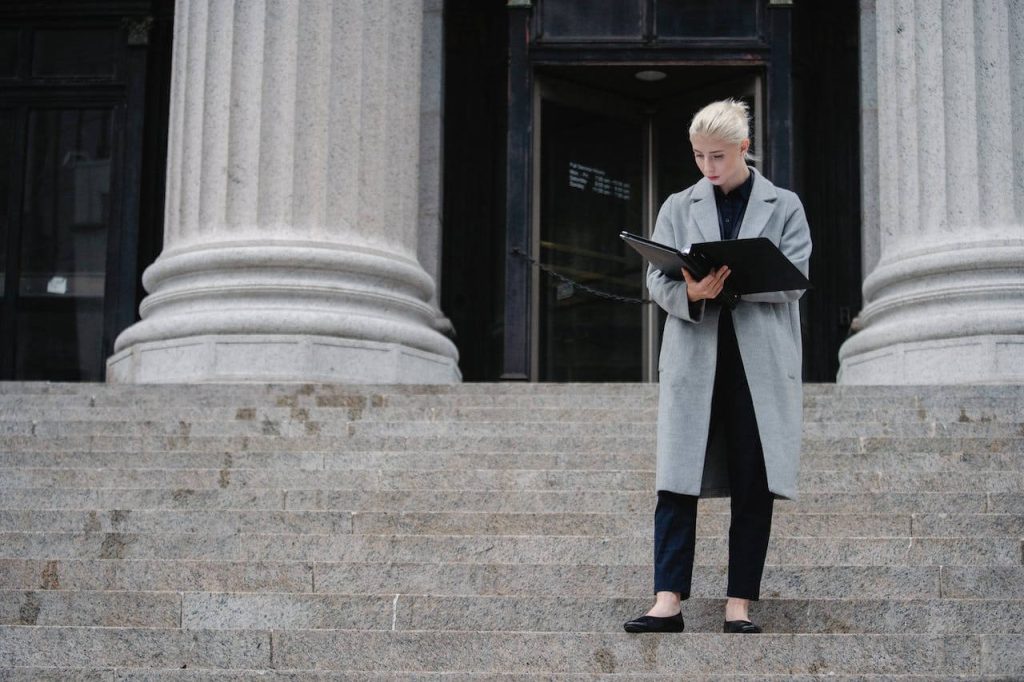Due diligence is crucial for determining what companies’ and organizations need to address and report; and sustainability, today, is also a central part of this.
The European Commission’s latest legislation, the Corporate Sustainability Reporting Directive (CSRD), is becoming a key tool for helping companies understand how to report on their sustainability due diligence.
But what exactly is this so-called sustainability due diligence and why is it so important for organizations to report and work on?

What does sustainability due diligence mean for companies?
Sustainability due diligence refers to the actions or measures an organization takes to identify and act on their actual and potential risks both to society and the environment.
Furthermore, such risks and action go beyond just the company’s own operations, but rather encompass the entire supply chain as well. Similar to business risk management, sustainability due diligence is about understanding the extent and effects that such risks might have on people and the planet.
Engage employees in the sustainability strategy
Due diligence, as well as sustainability due diligence, is very much about having the right conduct to address risks. However, not all risks have the same impact or transcend as far down into the company, and so proportionality is key.
This is, depending on the actual or potential impact of a given issue, a company needs to act accordingly but in proportion both to the problem and its ability to solve or address the latter.
Last but not least, it is important to remember that sustainability due diligence encompasses a big spectrum of circumstances that affect all companies alike.
Such issues can go anywhere from deforestation or ilegal use of land, to harassment in the workplace, just to name a few examples.

The importance of reporting sustainability due diligence
We can’t, of course, forget about one of the most important steps in the due diligence universe, which is reporting.
Far from being just a legal requirement for most, it is a piece of information that can demonstrate that organizations know and understand which impacts and risks they are facing or inducing, that being potential or actual, on people, their human rights, and the environment.
As we stated before, such reporting, if complete and well done, should include a report on the company’s own operations, as well as the entirety of their supply chain, showing that their or their peers’ policies and actions are not contributing to human rights or environmental violations.
Guide to conduct a materiality analysis
The role of employees in sustainability reporting
Employee management is part of assessing non-financial risks and impacts efficiently, and moreover, they should be an active and central part of companies’ efforts to improve sustainability strategies overtime and, consequently, sustainability reports.
It is in this context that we believe sustainability cannot be a one department or one policy thing, it is only ever effective and productive when we integrate it throughout the company, at the heart of employees and other relevant stakeholders.
With our technology we help companies establish ESG impact objectives for employees in regards to the sustainability strategy of the company. We are able to activate and track employees’ impact, creating engagement that translates into improved ESG metrics, reputational value and an overall positive impact for the environment and society.
